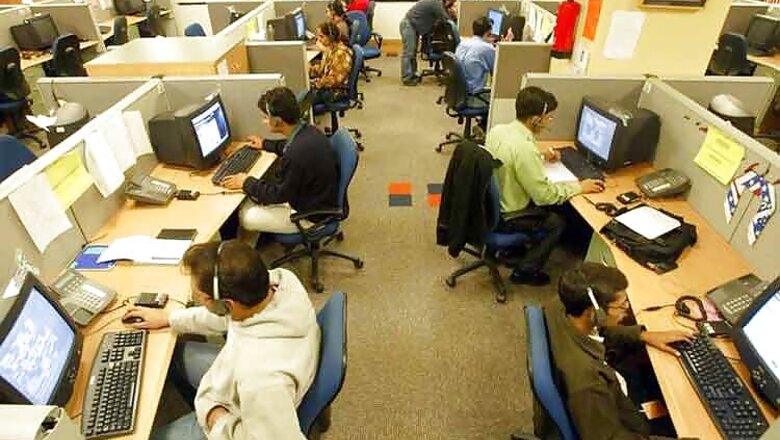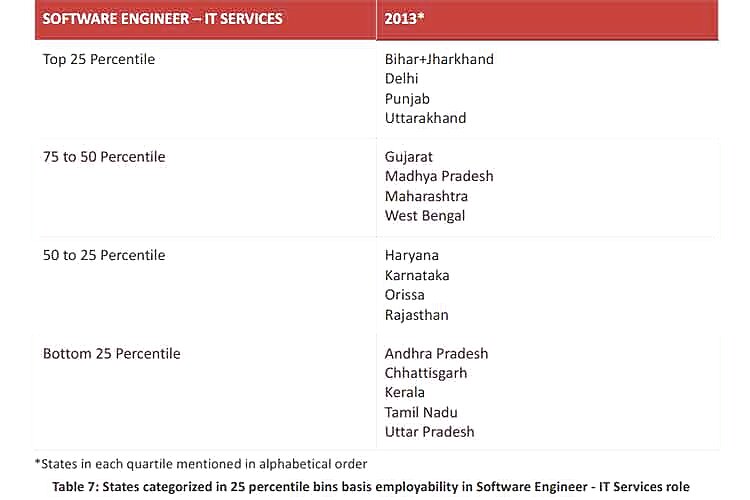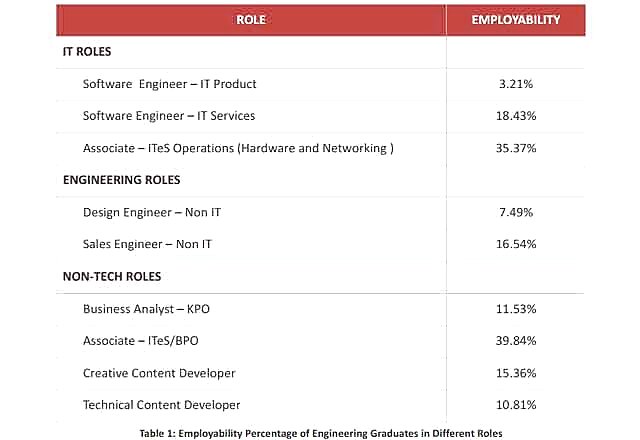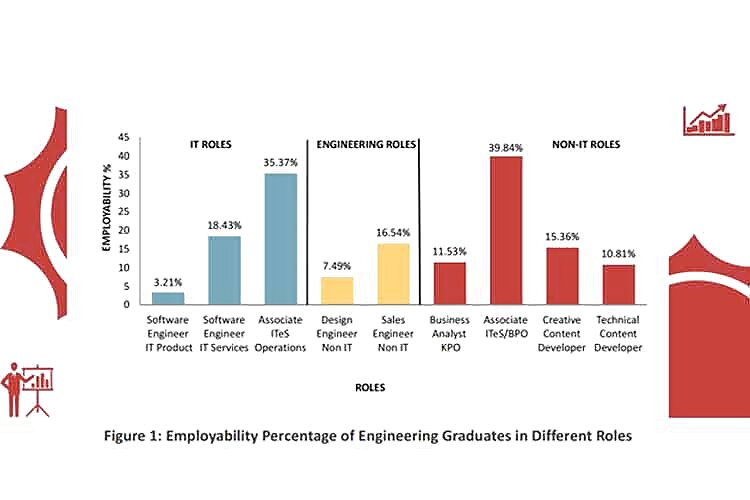
views
Even as India aspires to be a major economic power in the next few years, the quality of engineers produced by the colleges leave a lot to be desired. According to the third edition of the National Employability Report for Engineers, less than 20% of those graduating from the colleges are employable for software jobs while a minuscule 7.49% are competent enough to be employed for core engineering jobs.
The best engineers come from Delhi, Bihar-Jharkhand and Uttarakhand. Punjab, which was ranked much lower in 2011, has also moved up and is now among the states with the best quality of engineers. West Bengal has fallen to the 2nd Quartile (75 to 50 percentile bin). Tamil Nadu, Andhra Pradesh, Chhattisgarh continue to lurk in the bottom 25 percentile bin, given the large number of engineering colleges, and as a result have a very poor quality of engineers. While Karnataka has shifted from the bottom quartile to the 3rd Quartile (50 to 25 percentile), Maharashtra has jumped upwards one quartile.
The research looked at the employability according to states where the different engineering campuses are located. The states were placed in four bins in the decreasing order of employability i.e. the states with highest employability percentages were placed in the Top 25 percentile bin while those with lower employability percentages were placed in following bins.

In a day and age when startups are believed to be the 'in thing', very few engineers want to work for startups. Only around 6% of engineers have startup companies as their first job preference. If we consider those who are both employable and aspire to work with startups, the number decreases to 1.9%. Hence, startup companies shall have a very hard time attracting and hiring students for their organization.
As per the report, out of the 6,00,000 engineers that graduate annually, only 18.43% are employable for the Software Engineer-IT services role, while a dismal 3.95% are appropriately trained to be directly deployed on projects. For core jobs in mechanical, electronics/electrical and civil engineering, only a mere 7.49% are employable. In contrast, 53% engineers have software role as the most preferred job, whereas 44% prefer core engineering jobs. This means 97% engineers want jobs either in software or core engineering.
Firstly, an economy with a large percent of unemployable qualified candidates is not only inefficient, but socially unstable. Secondly, there is a large mismatch in the aspirations of graduating engineers and their job readiness, which can create large-scale dissatisfaction and disillusionment.

Employability varies tremendously across colleges. For instance, colleges in tier 1 cities have 18.26% employable software engineers, whereas for those in tier 2 cities, it goes down to 14.17%. Similarly, the states at the top have employability as high as 40.42%; those at the bottom have it at 12.03%.
Despite this variation we find that 53% of employable candidates for IT services companies and 25% of employable candidates for IT product companies are studying beyond the top 750 colleges, and thus end up being invisible to most employers. This signals that potentially a large proportion of employable engineers are ending up without any opportunity - a dangerous trend for higher education. There is a need for methods to drive meritocracy in the employment ecosystem to get jobs to all employable students irrespective of their college, city, gender, etc.
Lack of adequate domain knowledge is the key reason for low employability in core job roles in both software and non-software domains.
Employability of Computer/IT engineers in Software Engineer- IT Product role is a meagre 3.21% while it is 7.49% for design engineer role in fields such as mechanical, electrical/electronic and civil engineering. The key reason behind such paltry employability percentages is inadequate preparation in the domain area, i.e. the ability to apply basic principles of say, computer engineering or mechanical engineering to real world problems.
As much as 91.82% computer/IT engineers and 60% engineers from other engineering branches fall short of the desired domain knowledge required for such roles. These concepts and principles are there in college curriculum, however there is a gap in teaching and learning pedagogy being followed in majority of colleges.





















Comments
0 comment